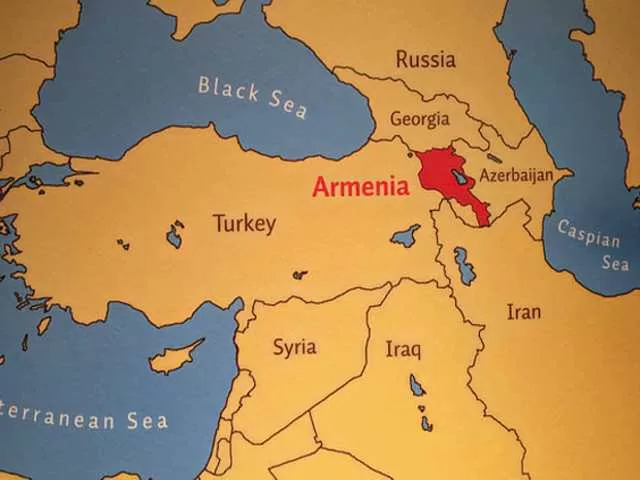Armenia celebrates Army Day on January 28, marking the establishment of its national army in 1992. Explore the nation’s history, cultural richness, and surprising facets.
Celebrating Independence and Strength: Armenia Marks Army Day on January 28
Armenia, nestled in the captivating landscapes of West Asia, commemorates Army Day on January 28. This public holiday holds significant importance, marking the anniversary of the establishment of Armenia’s national army in 1992, a pivotal moment in the country’s post-Soviet era.
The history of Armenia is a tapestry woven with threads of resilience, independence, and cultural richness. Following years of being subsumed by the USSR, Armenia reemerged as an independent nation in 1991, braving the complexities of a tumultuous geopolitical landscape. This journey of independence wasn’t new for Armenia, which had experienced cycles of autonomy and absorption into larger empires throughout centuries.
One haunting chapter in Armenia’s history unfolded during and after World War I when the Ottoman Empire executed a genocide against Armenians, resulting in mass killings and forced migrations. Many Armenians sought refuge in other nations, contributing to a global diaspora that now outnumbers the population residing in Armenia itself.
Despite its location in West Asia, Armenia is actively engaged on the international stage. A member of the Council of Europe, the United Nations, and various Eurasian economic and security organizations, Armenia navigates the intricate web of global diplomacy to secure its place on the world map.
Amidst these geopolitical intricacies, Armenia boasts unique facets that add to its cultural tapestry. One such emblem is the monument dedicated to the Armenian alphabet, situated near the grave of Mesrop Mashtots, the inventor of the alphabet around 405 C.E. This linguistic tribute reflects the nation’s rich heritage.
Armenian cuisine, particularly its bread, is a culinary delight, but few are aware of the traditional Armenian bread oven – a cylindrical structure where dough is flattened onto one side and mysteriously retrieved after baking. The culinary arts mirror the creativity and ingenuity embedded in Armenian culture.
Another charming aspect of Armenian life is the prevalence of public water fountains. These serve not only as sources for refreshment but also as meeting spots and even places for romantic encounters. Fed by mountain springs, the water from these fountains is renowned for its exquisite taste, creating a unique cultural niche.
As Armenia observes Army Day, it not only reflects on the establishment of its armed forces but also symbolizes the nation’s resilience, endurance, and commitment to safeguarding its independence. In a world constantly evolving, Armenia stands as a testament to the strength drawn from its history and the aspirations for a secure and prosperous future.

